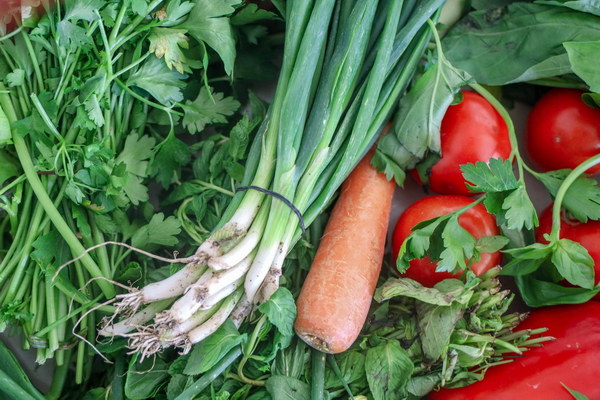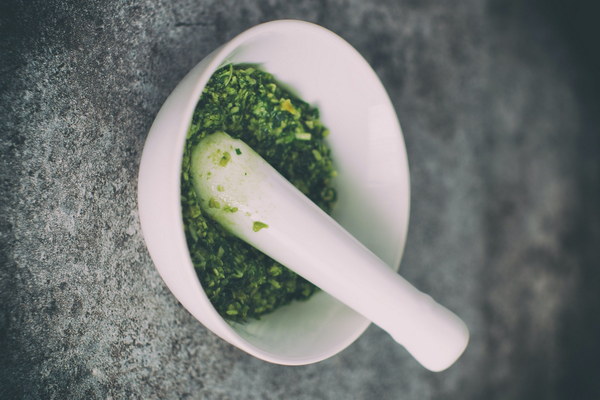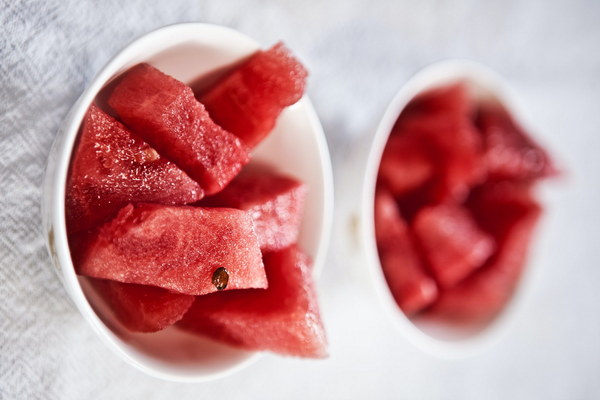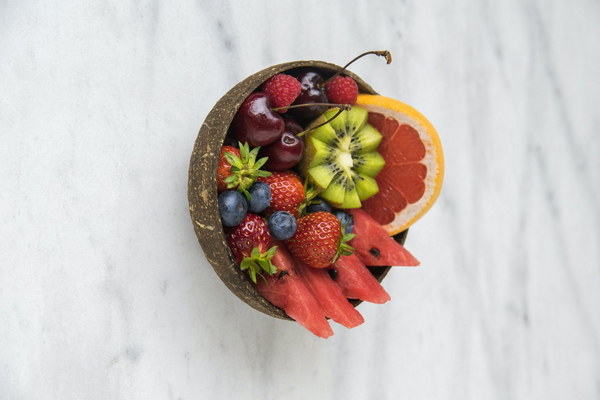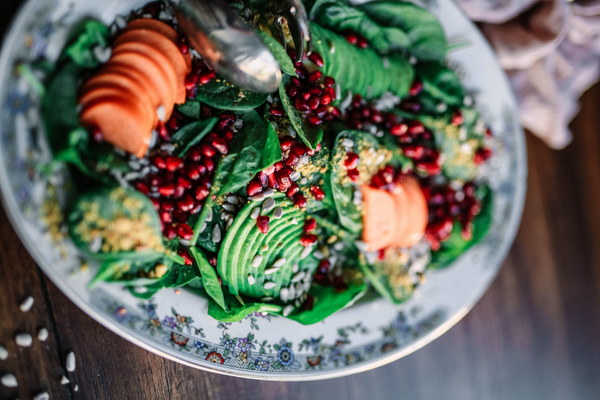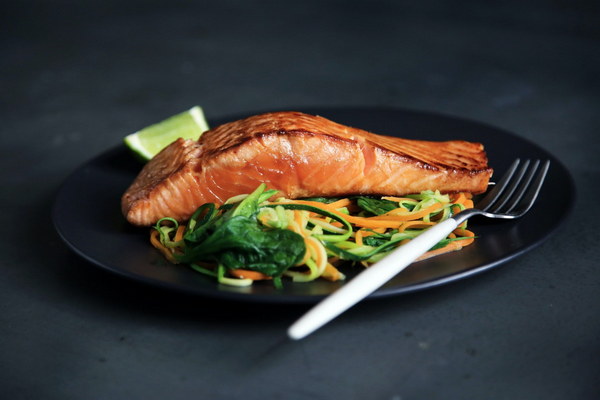Nurturing Postpartum Health The Art of Traditional Chinese Herbs in Postnatal Tea and Meal Plans
Introduction:
The journey through pregnancy and childbirth is a profound and transformative experience for any woman. Postpartum care, often referred to as sitting the moon, is a time-honored tradition in many cultures, aimed at restoring the mother's health and vitality after giving birth. One of the key components of this process is the consumption of specialized postnatal tea and meal plans, steeped in the wisdom of traditional Chinese medicine. This article delves into the world of postpartum care, exploring the benefits of traditional Chinese herbs in postnatal tea and meal plans, and how they can support a mother's recovery.
The Significance of Postpartum Care:
In traditional Chinese medicine (TCM), the postpartum period is considered a critical time for the mother's body to heal and rejuvenate. It is believed that during this time, the body undergoes significant changes, including the loss of blood, fluids, and energy. Therefore, it is essential to nourish and support the body with appropriate foods and herbal remedies.
The Role of Postnatal Tea:
Postnatal tea, often referred to as sitting tea or confinement tea, is a cornerstone of postpartum care. These teas are typically made from a blend of natural herbs and spices that are believed to have various health benefits. Some of the most commonly used ingredients include:
- Dong Quai (Angelica sinensis): Known as female ginseng, Dong Quai is often used to tonify the blood, regulate the menstrual cycle, and support the female reproductive system.
- Gan Cao (Licorice root): This sweet herb is used to harmonize the body's energies and is believed to enhance the effectiveness of other herbs in the blend.
- Bai Zi Ren (Chinese Peony Seeds): These seeds are thought to help stop bleeding and support the uterine muscles during recovery.
- He Huan Pi (Mimosa Tree Bark): Used for its calming properties, this herb is believed to help alleviate stress and anxiety, which can be common in the postpartum period.
The Benefits of Postnatal Tea:
The consumption of postnatal tea offers several benefits to the mother, including:
- Restoration of Blood: Postpartum bleeding is a natural process, but it can be excessive. Herbs like Dong Quai can help tonify the blood and reduce bleeding.
- Enhanced Energy: The postpartum period can be physically and emotionally taxing. Herbs such as He Huan Pi can help alleviate fatigue and boost energy levels.
- Regulation of Body Temperature: Some women may experience cold extremities or night sweats after childbirth. Herbs in postnatal tea can help regulate body temperature and prevent chills.
- Stress Relief: The postpartum period can be a time of significant stress. Herbs like Gan Cao can help calm the mind and alleviate anxiety.
Postnatal Meal Plans:
In addition to postnatal tea, a balanced and nourishing diet is crucial for a mother's recovery. Traditional Chinese postpartum meal plans focus on the following principles:
- Warmth: Foods that are warm and comforting are preferred to help support the mother's energy and prevent colds and flu.
- Nutrient-Dense: Foods rich in protein, iron, calcium, and vitamins are essential to aid in the production of breast milk and to replenish the mother's nutritional stores.
- Simplicity: Simple, easy-to-digest meals are often recommended to avoid digestive discomfort.
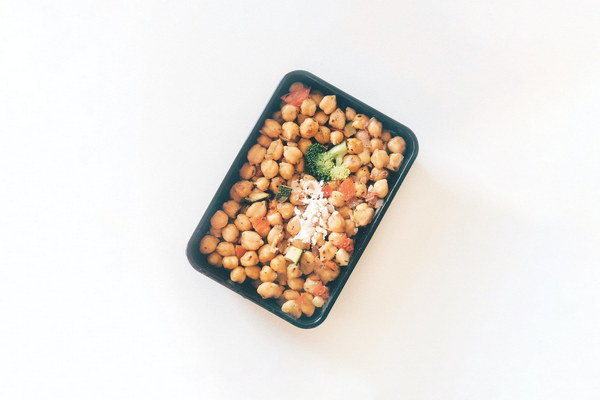
Conclusion:
The tradition of using postnatal tea and meal plans in postpartum care is deeply rooted in the principles of traditional Chinese medicine. These practices offer a holistic approach to mother's health, focusing on the restoration of energy, the regulation of body functions, and the alleviation of stress. By incorporating these age-old practices into modern postpartum care, mothers can support their bodies in the delicate process of recovery and ensure they are well-nourished and strong for the challenges ahead.
